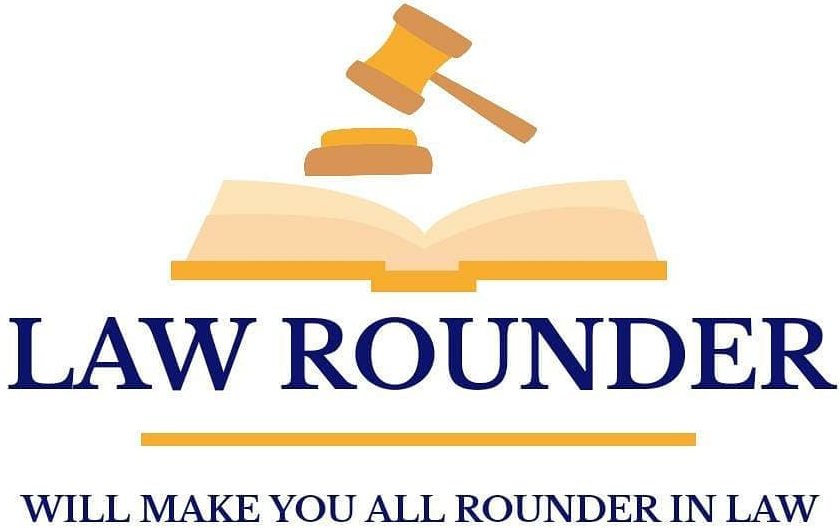

Cavendish Square Holding BV v Talal El Makdessi [2015] UKSC 67
Case ID – UKSC 2013/0280
Justices:
Lord Neuberger, Lord Mance, Lord Clarke, Lord Sumption, Lord Carnwath, Lord Toulson, Lord Hodge.
Related Case
ParkingEye Limited v Beavis [2015] UKSC 67
Facts of the case:
Mr. Makdessi sold his controlling interest in an advertising agency and the buyer, Cavendish, agreed to pay up to US$147million, depending on a calculation of the profits. The contract provided that for a period after the sale, Mr. Makdessi was not to compete with his old business and that if he did he would lose the right to the final instalment of the purchase price and would have to sell his remaining shares to Cavendish at a price that disregarded goodwill and was therefore relatively low. Mr Makdessi argued that those consequences were excessive.
ParkingEye, the defendant parked his vehicle in a shopping centre which was privately owned and managed by the claimant. Notices were clearly displayed across the car park and stated that the car park was free for the first two hours but that £85 would be charged for those who wished to stay longer. The claimant brought proceedings after the defendant drove out of the car park after almost three hours and refused to pay the £85 fee as stated by the signs.
Question of Law:
The court conjoined the two cases and was required to establish the nature of the clauses in the cases. Specifically, this required a consideration of whether the terms were penal, and therefore unenforceable or, whether the rule should be updated, abolished or restricted. It was argued by the parties in both cases that the clauses imposed onerous restrictions on the parties, which was not necessarily a result of the breach of contract and therefore this was an important decision for the Supreme Court.
Judgement:
It was held by the Supreme Court that the rule which made a penal clause unenforceable was an important and long-standing principle of English law and would therefore not be restricted or abolished in the current case. However, the Supreme Court gave a landmark judgment which amended the test to determine whether a clause was enforceable or not under the circumstances. This required assessing whether the obligations in question were primary or secondary considerations, with the innocent party being able to enforce a penal clause on the basis of a secondary obligation. Applied to the facts, the Supreme Court found that the clauses in Makdessi were not penalties and were therefore enforceable by the claimant. In ParkingEye, their Lordships found that the charge for overstaying was not a penalty and again, could be enforced.
by- Sankalp Mishra
